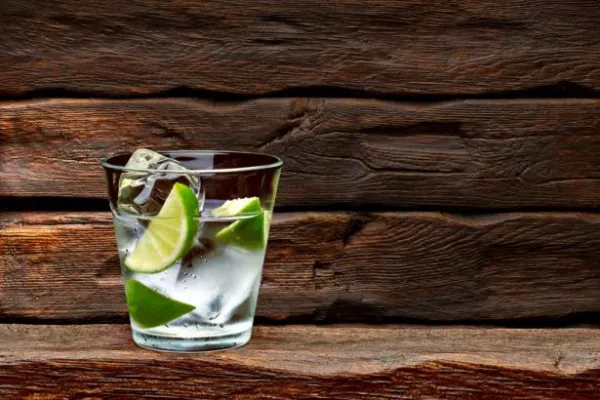A new strategy has set out plans by Irish gin producers and brand owners to maintain market share and grow sales by 2026.
Details
The plan sets out a range of goals and actions to drive exports in key markets, develop a vibrant domestic market, support the viability of Irish gin distilleries, and ensure that the quality and standards of Irish gin are protected.
The Irish Gin Strategy 2022-2026 from all-island trade body Drinks Ireland|Spirits details how Irish gin and gin has experienced a number of years of very fast growth, during which sales soared.
The category grew by 184% between 2014 and 2020.
While the "boom" has been slowing in recent years, 2020 was the first year in which Irish gin and gin sales declined, due to the COVID-19 pandemic. As the on-trade reopens, and global travel retail recovers, it is anticipated that the category will return to pre-pandemic levels over time, and the new strategy details plans to drive strong and sustainable growth in the years ahead.
At present, Ireland is the dominant market for Irish gin, but the strategy puts a heavy focus on driving export growth, earmarking the UK, the USA, Germany, Canada and global travel retail as the key targets in the coming years.
Asia, and China specifically, has also been identified as a target market, due to its size, growing stature and value heritage, which Irish distilling has, and innovation which drives much of the Irish gin category.
Irish Gin is a premium plus product that has been established as a world-leader in terms of quality and authenticity, and this has and will be key to positioning the category internationally, according to Drinks Ireland|Spirits.
The strategy also outlines how the sector plans to grow the category further domestically, by highlighting the local nature of Irish gin products and the important role that they play in the economic viability of the hinterlands in which their producers and brand owners are based.
Overall, The Irish Gin Strategy 2022-2026 sets out four goals for the category, with a number of corresponding actions. The four goals are as follows:
- To promote world-leading standards for quality and authenticity
- To sustain a vibrant home market for Irish gin
- To promote Irish gin worldwide, starting in the key target markets
- To support the viability of Irish gin distilleries
Statement By Chairman Of The Drinks Ireland|Spirits' Irish Gin Working Group
Chairman of the Drinks Ireland|Spirits' Irish gin working group, and joint founder and head distiller of Rademon Estate Distillery, which creates Shortcross Gin, David Boyd-Armstrong stated, "The Irish gin sector has grown extremely quickly in recent years, driven by innovative and ambitious producers and brand owners, dedicated to creating quality and authentic products. Our strategy will enable the industry to take advantage of the opportunities in the domestic and international market and face the various challenges ahead. A key part of our strategy centres on protecting the Irish gin category, and we will be working to seek the introduction of rules covering the marketing and labelling of Irish gin in Northern Ireland and the rest of the UK to ensure consumers know what they are buying."
Statement By Director Of Drinks Ireland|Spirits
Director of Drinks Ireland|Spirits Vincent McGovern stated, "Irish gin has been a true national success story in recent years. Our members employ dozens of people across both urban and rural Ireland producing this much-loved spirit and exporting to markets across the globe. Following a number of years of very fast growth, and in the context of the ever-changing national and international conditions, there was the need for a fresh strategy for the sector, to ensure it can recover from COVID-19, and continue to grow in the years ahead."
© 2022 Hospitality Ireland – your source for the latest industry news. Article by Dave Simpson. Click subscribe to sign up for the Hospitality Ireland print edition.









